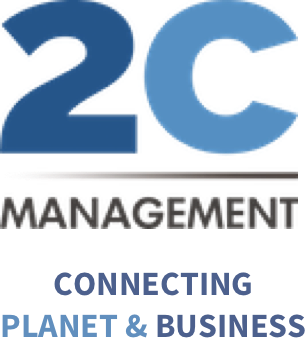
What is the purpose of Sustainable Purchasing, Circular economy and CSR Training ?
Understand CSR stakes
Applying appropriately agreements, regulations, standards and eco-labels
Provide tools
Set implementation priorities and prepare action plans
Sustainable Purchasing, Circular economy and CSR courses
Module 1
Basics of Sustainable Purchasing
Sustainable development challenges within Purchasing : agreements, requirements, regulations and standards linked to Corporate Social Responsibility (CSR)
Eco-products, eco-labels, Life Cycle Assessment (LCA) and Eco-design
Sustainable Purchasing toolbox overview : integrating social and environmental criteria into Purchasing
How to set up priorities for sustainable Purchasing actions
Module 2
Implementing Sustainable Purchasing : the Toolbox
Integrating social and environmental criteria into Purchasing
Sustainable Purchasing policy and strategies
Sustainable Purchasing Toolbox : ethical code, risk mapping, supplier charter, sustainable clause, Supplier self-Assessment Questionnaire (SAQ), supplier and social audits, KPI’s
Sharing Sustainable Purchasing tools to secure supply chains
Implementation of Sustainable Purchasing, roadmaps and action plans
Module 3
Supplier Self-Assessment Questionnaires (SAQ) and Social Audits
Different types of questionnaires : Request for Information (RFI), Supplier self-Assessment Questionnaire (SAQ) and questionnaires by categories
Set of SAQ questionnaire criteria
SAQ’s for sourcing and supplier selection methodology
Major supplier audit guidelines and Corrective Action Plans (CAP)
Module 4
Circular Economy, Eco-design and Total Cost (TCO)
Circular economy challenges and opportunities
Zero-carbon transition : regulations and standards
How to use Life Cycle Assessment (LCA) and Eco-design
Sustainable business models and opportunities : total cost and and eco-innovation, reparability and re-use, functional economy
Launching the corporate Circular economy : how to adopt the circular business model for value creation
Module 5
Eco-labels and Standards: ISO 20400, ISO 22301, ISO 45001 and SA8000
How to link eco-label selection to purchasing strategies?
How to use standards to ensure compliance with CSR requirements:
ISO 20400 – implement Sustainable Purchasing and create a roadmap
ISO 22301 – maintaining Business Continuity by anticipating and preventing supply chain risks
ISO 45001 - mitigate security at suppliers plants and avoid supply disruptions
SA8000 - buy in a way that is fair and decent for workers and secure the supply chain for contractors. Manage social and environmental risks of suppliers and subcontractors in Low Cost Countries (LCC)
Module 6
Implementing Corporate Social Responsibility (CSR)
Sustainable development stakes and challenges : agreements, requirements, regulations, standards and eco-labels linked to CSR
Requirements for legal compliance and new regulatory demands
CSR best practices in Corporations and Small Business (SME)
Integrating CSR into Corporate departments and cooperation with stakeholders
CSR implementation : major steps and roll-out




